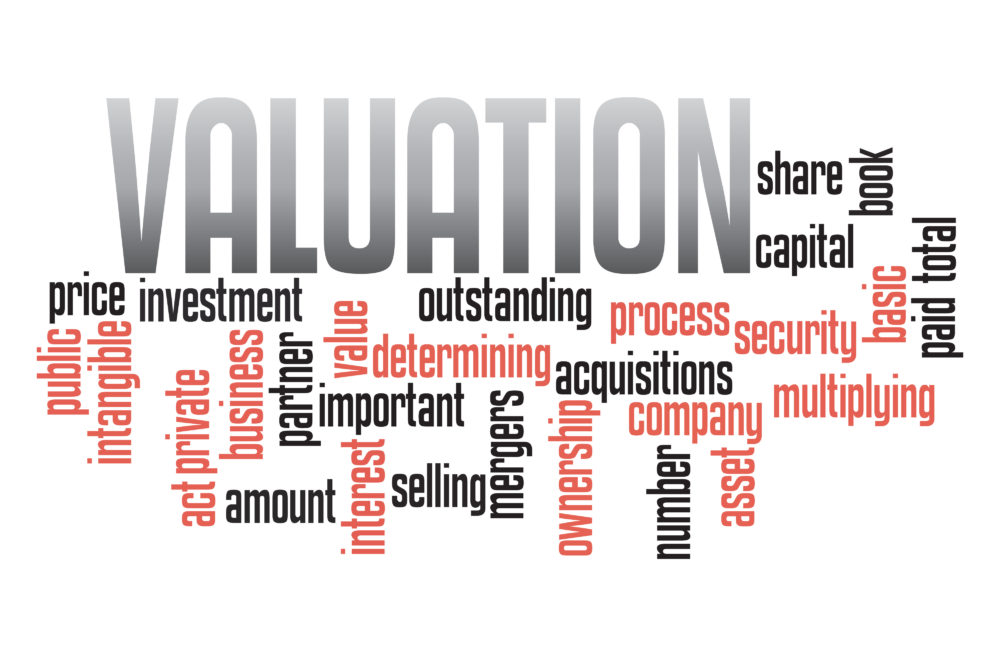Lesley-Anne McKenna asks what loans are available when buying a business.
businessGO suggests:
Banks that will consider loans for business acquisitions usually require you to provide the following: 20-30% of the value in cash and proof that there are sufficient assets to cover the loan. While banks generally lend up to 70% of the loan, you will find that in some cases they can offer up to 80% – for example, for a commercial mortgage.
“As a rule of thumb, 60-70% is the amount of the loan banks would generally lend, but this would need to be backed up with a secure income stream, and possibly a freehold property,” advises Stephen Pegge, head of external communications for Lloyds TSB.
Past performance pointers
You will also need to show that your business accounts point to a profitable future. Banks generally want to look at accounts going back 3 years, if possible, and you will need to present thorough budget breakdowns.
You also have to provide a watertight and realistic business plan that can demonstrate future growth, a cash-flow forecast for your first year of trading, and personal accounts for the past six months.
A track record counts
Getting finance from banks or venture capitalists for an existing business is easier than when starting from scratch, especially if it has a solid track-record. But most banks are wary about providing finance for the purchase of an existing business if there are few assets to tie the loan to, as this will increase the risk.
If the business is not successful at the time you buy it, it will be an uphill struggle to raise the necessary loans. If you can show you have good management skills, for example, gained in a previous working environment, this could help secure a loan.
Also, remember that the loan, and the amount you ask for, will be easier to agree if you prove to the bank or other lender that you are not paying too much for the business. You certainly do not want to be paying more than the business is worth, so how can you value it correctly?
Price versus returns
Check out other similar businesses for sale. And measure the purchase price against the returns you expect to make within a certain period.
Ensuring you are not paying too much will give the banks an indication of how well you approach your finances. They are more likely to lend to someone who can justify the price they are willing to spend and has produced sensible budgets and forecasts.
Put yourself in the bank’s position and think of all the questions it is likely to ask. Is the business you are thinking of buying profitable? Does it have a positive outlook? How much business are the nearest competitors doing? Is the price you are looking at reasonable?
“With an existing business, a track-record is there to be seen. So we would look carefully at the person taking over the business and the skills they are bringing to it,” explains Pegge.
If you worry that you will not be able to get a loan to cover the price of the business, remember that purchase prices are always open to negotiation.
Deferred loan
And some banks allow you time to settle into your new business. In some cases, repayments can be deferred for up to 6 months.
You might also want to consider buying a franchise, which have a much greater chance of surviving the first 3 (danger) years than other new businesses. Our website offers a comprehensive guide to franchising, including information on franchises available at the moment. Click here to find out more.
Lighten the load
In a perfect world, buying a business off-the-peg might seem a simpler way to build one. You can get off to a flying start and cut down on the hard work needed to start a business from scratch.
Other advantages include having an existing customer base and a tried-and-tested business formula. More than 50% of businesses fail within the first three years.
Pegge comments: “A peak time for business closures is year 2 – a year after the business has been set up. Once businesses have been established for 3 years they have got half the rate of annual closure. Once you have got over the 3-year hump, you are twice as likely to succeed.
“I would expect success or survival rates of existing businesses that are taken over to be higher than that of start-ups.”
Thorough research
But at the end of the day the parameters for buying an existing business are the same as when starting one from scratch.
Make sure you carry out thorough market research and investigate the competition. Write a comprehensive business plan, which should include information such as the ideal size of the business you are looking for, the minimum level of profitability you will accept, and the minimum level of income you require from the business.
Sales sources
If you are looking for a business to buy, try trade magazines relating to your business interest. They often carry advertisements, as do the small business pages of newspapers such as The Financial Times and The Times.
If you have a particular area or region in mind, you could look at the advertisements in local newspapers and magazines. On the internet, businessesforsale.com is a comprehensive resource.
Remember: if you are thinking of buying an existing business, the key is to still think as if you were starting from scratch.





